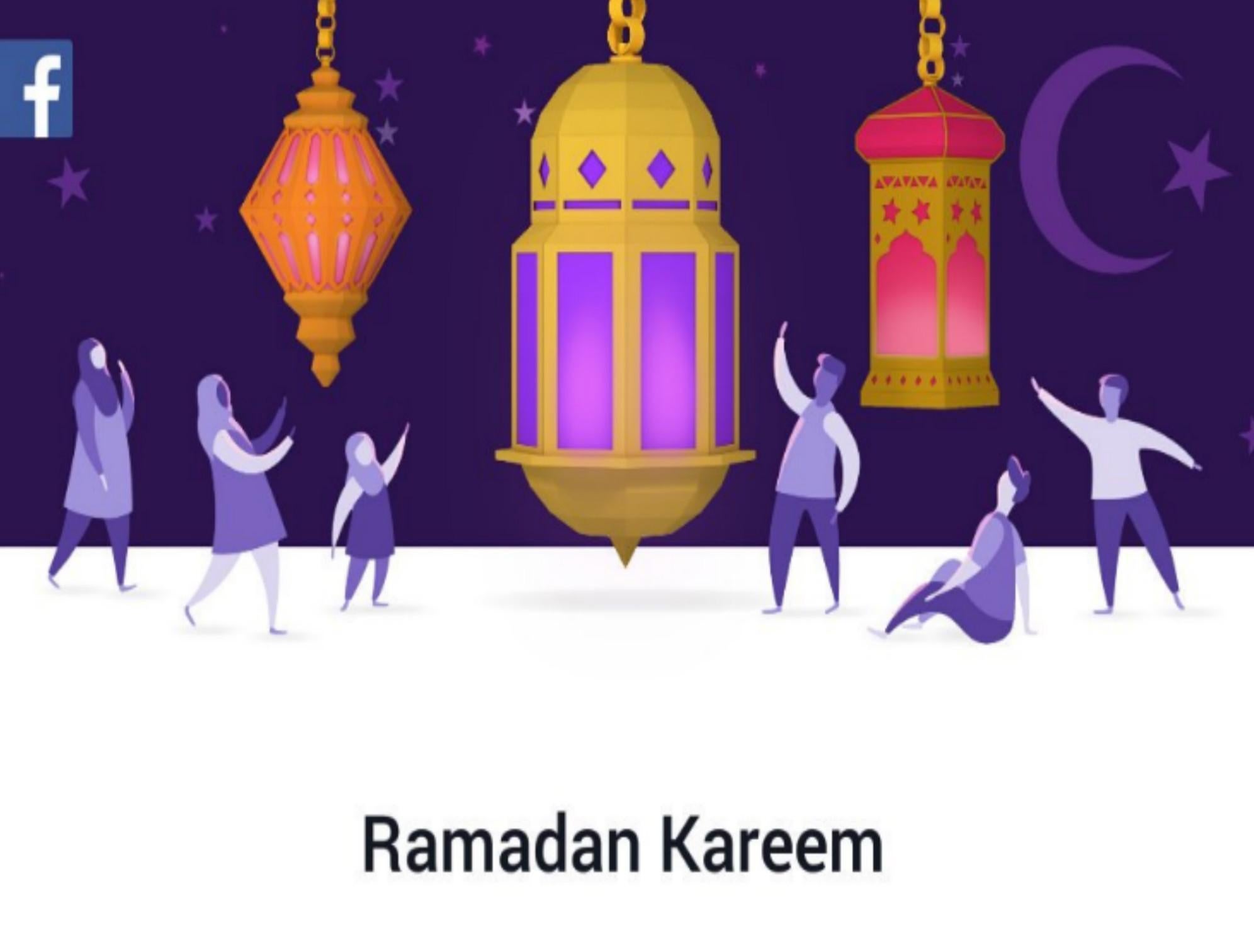Facebook's Ramadan greeting spreads dangerous myths about Islam
What is most disturbing is the little girl in the hijab. Muslims have been relentlessly fighting for the right of young girls to choose the hijab, rather than have it enforced upon them

Facebook produced their own Ramadan greeting which popped up on news feeds as users logged onto the website. Though this may appear to be a simple, generic seasonal greeting, there are several underlying issues with its visual message.
The first thing that struck me was that the female figures in the greeting are wearing hijab. Let me make it clear that I have no objections to the hijab, niqab, or any other type of covering that people may choose to don, as long as it is done with knowledge, awareness, and understanding. With regards to the hijab, this pertains to the knowledge of what the Qur’an says about the female body, awareness of the consequences of their decision, and a clear understanding of the hijab’s cultural and historical context.
Yet if messages such as the above are promoted, namely, that all Muslim women look like the ones in the drawing, then this raises several problematic questions. Not least that not all Muslim women wear the hijab, which doesn’t necessarily mean they don’t observe the rituals of Ramadan, are any less Muslim, or deserve any less representation.
In times where levels of anti-Muslim bigotry are reaching all-time highs and Muslim identity is facing an inner turmoil of mammoth proportions, it is even more crucial to showcase Muslims in an open, wholesome, and diverse manner, rather than sticking to tired tropes of what it means to be Muslim.
Perhaps what is more disturbing is the little girl in the hijab. Both Muslim and non-Muslim feminists alike have been relentlessly fighting for the right of young girls to choose the hijab rather than have it enforced upon them. This disturbing practice of making prepubescent girls wear the hijab as if they are entities to be hidden away has no basis in the Qur’an, but is a result of our own perversions with sexualising female bodies, no matter their age.

Casually projecting an image of a happy prepubescent hijabi girl to millions of users is beyond irresponsible and not only dismisses years of women’s rights activism, but ignores the miserable plight of many of these girls who have most of their decisions made for them at the moment of their birth.
The underlying message that this image sows in our minds is that a Muslim woman must necessarily be modest, and that a modest woman must necessarily cover the hair on her head. Removing a woman’s agency over her own body is a central factor in Islamist propaganda that pushes misogynistic and sexist interpretations of the Qur’an over moderate and liberal ones.
Ramadan, because of its month-long presence and widespread recognition, is the perfect time to connect with those who may be unfamiliar with the Islamic faith and reach out to extend inter-faith understanding and solidarity, and we absolutely cannot afford to casually portray regressive messages that take us backwards rather than forwards. I am Muslim by heart, by mind, and by soul, not by the hair on my head.
Join our commenting forum
Join thought-provoking conversations, follow other Independent readers and see their replies
Comments
Bookmark popover
Removed from bookmarks